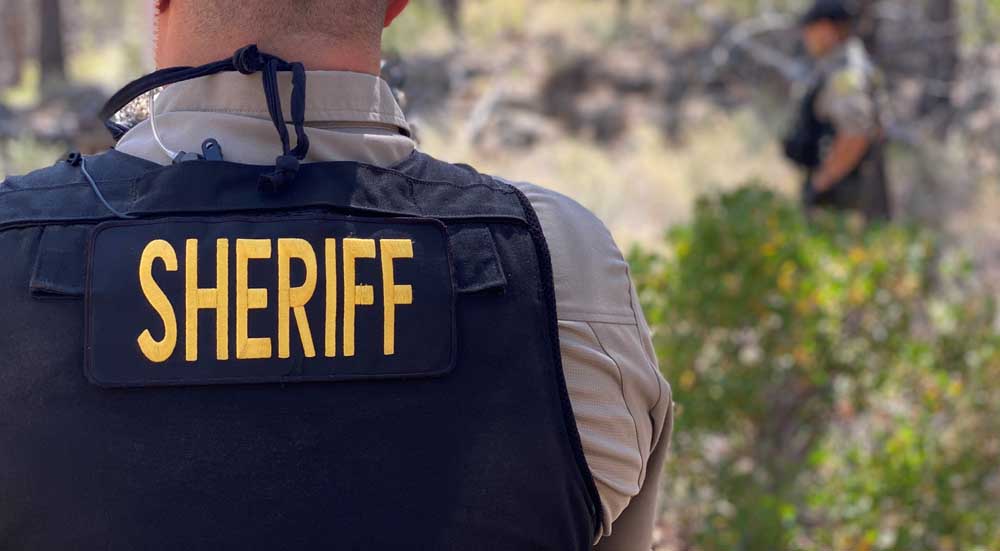’Wolf Hall’ tackles Hilary Mantel’s books
Published 12:00 am Tuesday, March 24, 2015

- Andrew Testa / The New York TimesA six-part series is taking on Hilary Mantel’s two “Wolf Hall” novels. Veteran stage actor Mark Rylance stars as Thomas Cromwell.
OXFORDSHIRE, ENGLAND — Thomas Cromwell was rolling a cigarette. Henry VIII was sitting on a chair amid a stretch of green lawn, eyes closed, face turned to the summer sunlight. A gaggle of ladies-in-waiting swept across the gardens. A courtier popped his head apologetically around the door of Broughton Castle. “Five minutes,” he said.
Cromwell — in the shape of the actor Mark Rylance —laughed and picked up the soft black cap he had taken off during a break in filming. “Better put the hat back on,” he said.
Rylance, perhaps Britain’s pre-eminent stage actor, wore the Cromwell hat for almost 17 weeks last summer while filming the television series “Wolf Hall,” an adaptation of Hilary Mantel’s two award-laden novels revolving around Thomas Cromwell — political wizard, right-hand man and fixer for Henry VIII — that will make its American debut on PBS’s “Masterpiece” on April 5.
The six-part series, written by Peter Straughan and directed by Peter Kosminsky, stars Damian Lewis as Henry, Claire Foy as Anne Boleyn and other members of British acting royalty alongside Rylance. It opened to rapturous acclaim in January in Britain, drawing an average of 4.4 million viewers a week, making it the most popular television drama on BBC Two since ratings began in 2002.
“Event television, sumptuous, intelligent, and serious, meticulous in detail,” Sam Wollaston wrote in The Guardian.
It’s part of a veritable “Wolf Hall” industry here. Mantel won the Booker Prize in 2009 for her first Cromwell novel, “Wolf Hall,” and then did it again in 2012 with a sequel, “Bring Up the Bodies,” resulting in huge book sales and a great deal of buzz when Mike Poulton adapted them for the Royal Shakespeare Company. The two productions, named after each book, have played to packed houses in Stratford-upon-Avon and the West End for the past year and — in an odd moment of Tudor takeover — will open April 9 at the Winter Garden Theater on Broadway a few days after the television series begins.
“I think what we are setting out to do is very different,” said Kosminsky, a veteran television director who worked with Rylance on the television drama “The Government Inspector” in 2005. “I think what Peter Straughan has tried to do is darker and more serious in its intent; he has gone for the political jugular.” Asked whether the show was an attempt to reassert British mastery of long-form television after the recent dominance of American series, Kosminsky laughed.
“Not at all,” he said. “We all thought we were making a serious drama, which would play to devotees of the book. Nothing prepared us for the response that it has had. I certainly wasn’t expecting it to be a Trojan horse in the American drama market.”
Kosminsky added that the series is nonetheless an important gambit for the BBC, whose royal charter is up for renewal and whose system of funding is being questioned before a general election.
The apparently inexhaustible appetite for versions of Mantel’s story is partly the result of Britain’s perpetual fascination with the Tudor dynasty but is mostly testament to her vividly original reading of the period: Henry’s desperation for a male heir, the break with the Roman Catholic Church, the beginnings of Protestantism, the dissolution of the monasteries and the eventual execution of Anne, the point at which the second book ends. (Mantel is writing a third installment, “The Mirror and the Light,” which will chronicle the last four years of Cromwell’s life.)
All these events are mediated through the perspective and personality of Cromwell, usually depicted by historians as an unscrupulous and cruel power-monger, but here given a far more enigmatic profile as Mantel’s narrative follows his rise from blacksmith’s son to heights of power second only to the king. As Cromwell frees his master from his marriage to Catherine of Aragon so that he may marry Anne Boleyn, then orchestrates her downfall, he emerges as clever, witty and urbane, multilingual, inexhaustibly energetic and a master of the dog-eat-dog political chess game that is Henry’s court.
“It’s an extraordinary job for me,” Rylance said after shooting multiple takes of a confrontation with an ailing Catherine of Aragon (Joanne Whalley). “There are about 70 or 80 scenes per episode, and I’m in most of them. The difficulty is that you are playing a character who never reveals what he is thinking. So you can’t compromise his expressionlessness, but you have to convey what might be going on for him.”
Although the series has arrived after the plays, Colin Callender, a former president of HBO films whose production company Playground produced the series (with Company Pictures, “Masterpiece” and BBC Two), began negotiations to secure the rights in 2012. Callender said that as soon as he read the books, he envisaged a television production.
“I thought that the way Hilary had reinvigorated the historical novel showed a way to blow the cobwebs from the historical TV drama,” Callender said in an interview before a February screening of the final episode at the BBC in London. “For audiences who are fascinated by complicated moral lines, characters like Tony Soprano or Kevin Spacey’s politician in ‘House of Cards,’ there was something quite wonderful here.”








